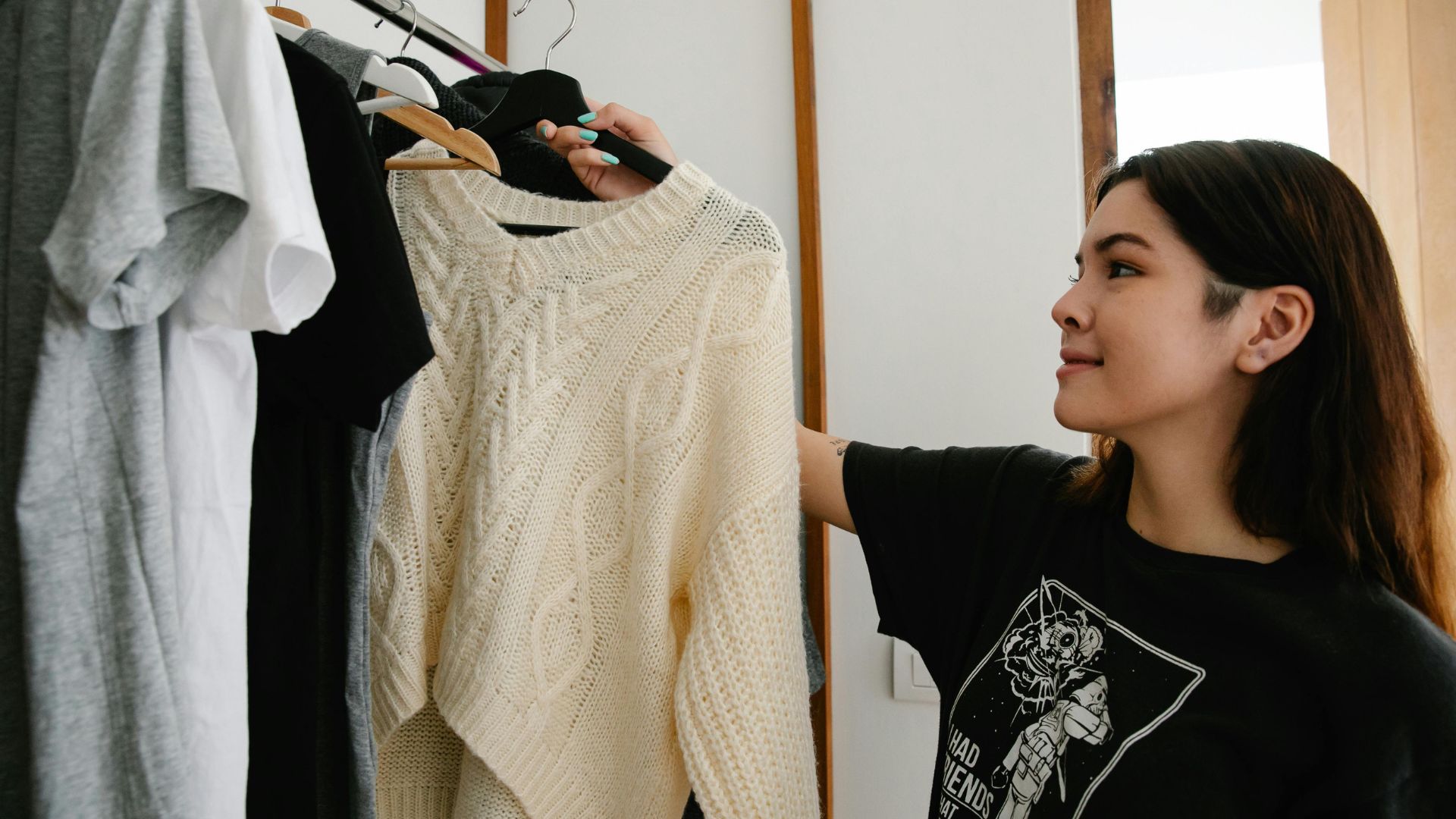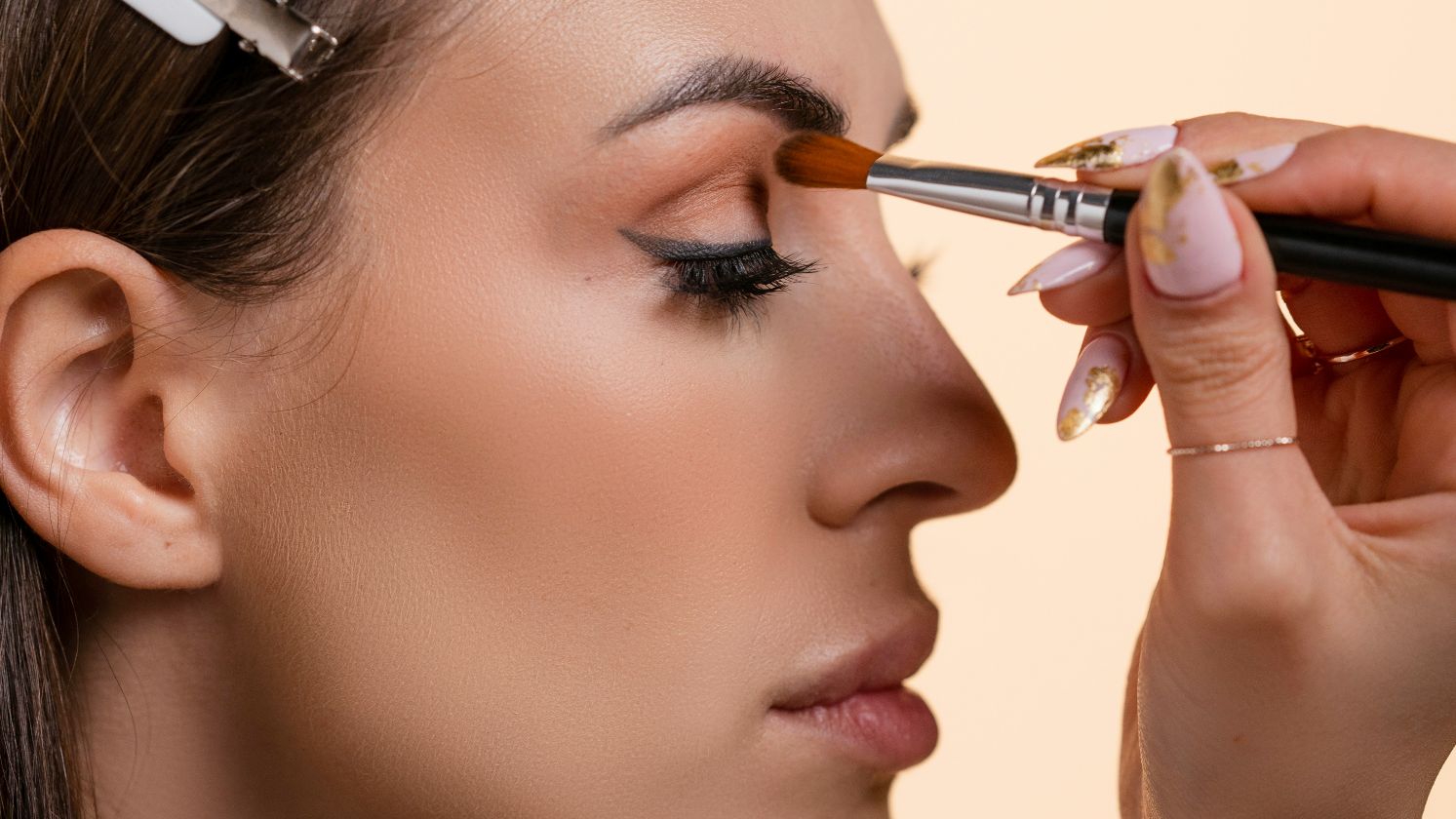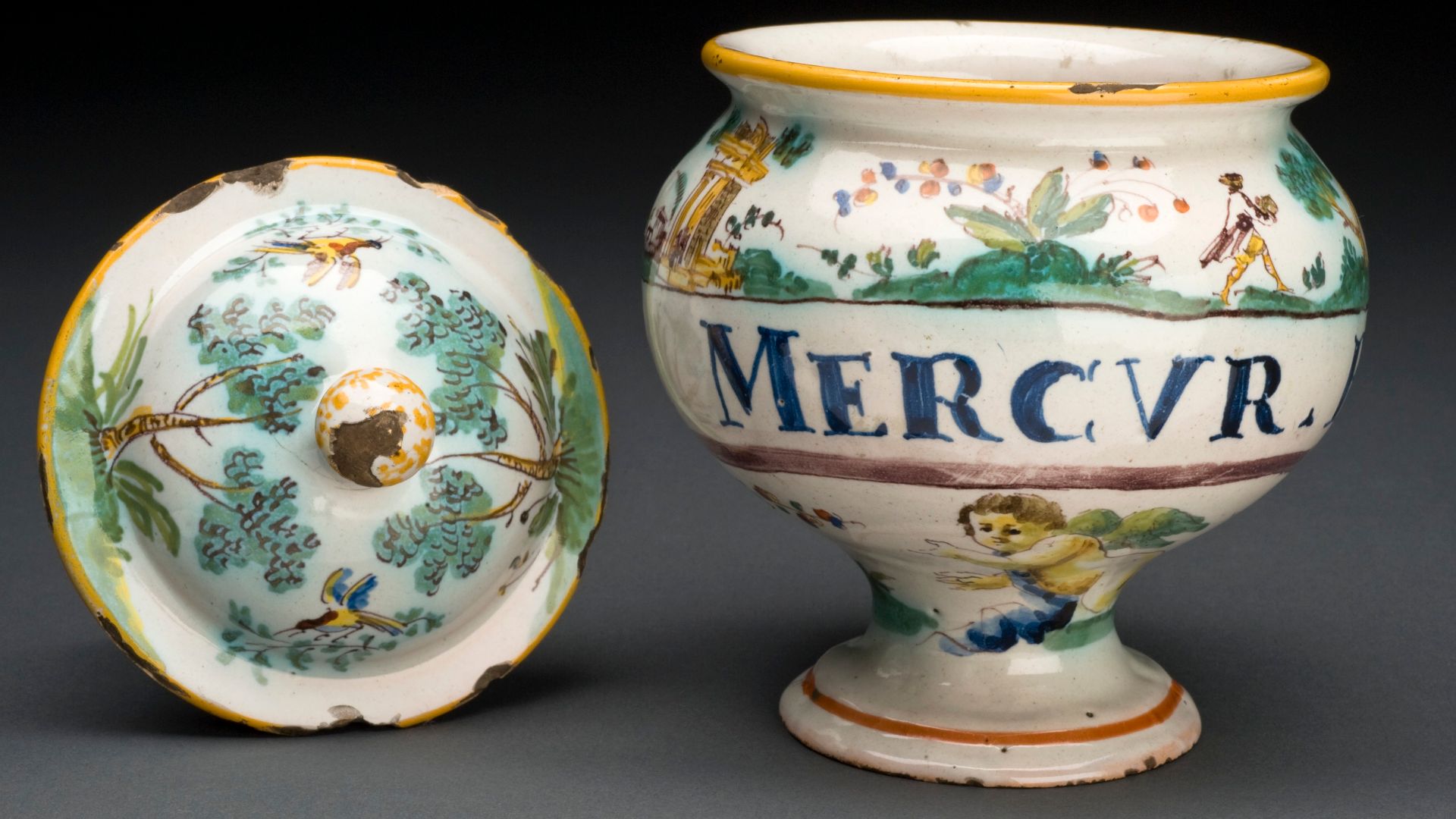Closet Chaos Chronicles
Overflowing closets and jam-packed drawers can make something as simple as getting dressed feel like a daunting task. When your wardrobe becomes more of a hindrance than a help, it's time to take action! So here are 10 telltale signs that you're suffering from closet overload and 10 strategies to streamline your style and finally reclaim your space.
1. Overflowing Closet, Nothing To Wear
Despite a wardrobe bursting at the seams, picking an outfit feels frustrating. It’s not about quantity but about clarity. When your options start blending or none feel “right,” it’s a clue that your clothing collection might be doing more harm than good.
2. Repurchasing The Same Thing
You just bought a shirt despite having two like it—slightly different necklines, maybe, but essentially the same. If your wardrobe feels like a glitching loop of basics, you’re likely shopping without a clear picture of what you need.
 Rachel Claire on Pexels3. Clothes Still Have Tags, Never Worn
Rachel Claire on Pexels3. Clothes Still Have Tags, Never Worn
Hidden behind your favorite hoodie lies a silent graveyard of untouched fashion: brand-new blouses and forgotten dresses with tags intact. The closet whispers stories of moods or markdowns that felt right in the store but never made sense once you got home.
 MART PRODUCTION on Pexels4. Outfit Choices Feel Exhausting
MART PRODUCTION on Pexels4. Outfit Choices Feel Exhausting
You stand in front of the mirror, cycling through outfits like a Netflix queue. What should feel quick and fun becomes a mental drain. When choosing what to wear takes more energy than your morning coffee gives, take the hint.
 cottonbro studio on Pexels5. Having Clothes That Don’t Fit
cottonbro studio on Pexels5. Having Clothes That Don’t Fit
There’s that pair of jeans from years ago that is too snug now, but you keep them “just in case.” These items often hold more than fabric; they carry old expectations. And while there’s nothing wrong with hope, clinging to the past can crowd out the present.
 Mica Asato on Pexels6. Closet Stress Replaces Style Joy
Mica Asato on Pexels6. Closet Stress Replaces Style Joy
Instead of excitement or inspiration, opening your closet brings stress. Piles, mismatched hangers, and a flood of clothes staring back can trigger that “I can’t deal with this right now” feeling. If your wardrobe leaves you frazzled, it might be time to pause and reflect.
 Ketut Subiyanto on Pexels7. Avoiding Clothes That Are Hard To Maintain
Ketut Subiyanto on Pexels7. Avoiding Clothes That Are Hard To Maintain
Silk blouses sit untouched, waiting for a trip to the dry cleaner. Hand-wash-only sweaters end up buried beneath easy-care basics. When upkeep overshadows wearability, those high-maintenance pieces quietly slip out of rotation and start collecting dust at the edges of your wardrobe.
 Ron Lach on Pexels8. You Feel Guilty Looking At Certain Clothes
Ron Lach on Pexels8. You Feel Guilty Looking At Certain Clothes
Some outfits bring a pang of guilt. Maybe they were expensive, a gift, or part of a version of you that doesn’t exist anymore. If you have clothes that look more like a burden filled with guilt, they clutter more than just your closet.
 Ron Lach on Pexels9. Emotional Attachments To Old Clothes
Ron Lach on Pexels9. Emotional Attachments To Old Clothes
That concert tee from years ago still sparks a smile, but it hasn’t seen daylight in ages. Sentimental clothes often stick around long after their purpose fades. They slowly crowd your closet, turning it into storage instead of a space for clothes you wear and enjoy.
 cottonbro studio on Pexels10. Wearing The Same Few Outfits
cottonbro studio on Pexels10. Wearing The Same Few Outfits
Even with a sea of shirts and shoes, you rotate between your “go-to” five. The rest just keep on collecting dust. This isn’t laziness but a sign that much of what you own isn’t working for your lifestyle anymore.
Now that you know where the problem might be, it’s time to find the best ways to downsize and curate a wardrobe you actually love.
1. Try The “One In, One Out” Rule
Every time you buy something new, remove one item from your wardrobe. It’s a simple habit that keeps clutter from creeping back in. You don’t have to overthink it. Just let go of something old to make space for what you’ll use.
 Alex P on Pexels2. Use The Hanger Test
Alex P on Pexels2. Use The Hanger Test
Here’s a trick: flip your hangers around. After you wear something, hang it back the normal way. In a few months, you’ll see exactly what you never touch. It’s a clear, no-stress way to spot the clothes you don’t wear.
 Ron Lach on Pexels3. Build A Capsule Wardrobe
Ron Lach on Pexels3. Build A Capsule Wardrobe
Focus on key pieces that work well together. Fewer clothes, more combinations. With a capsule wardrobe, dressing gets easier and faster. You’re left with items that fit well, feel good, and mix effortlessly—no more digging through random stuff that never worked.
 Sonia Sanmartin on Unsplash4. Sort By Type Before Deciding What To Keep
Sonia Sanmartin on Unsplash4. Sort By Type Before Deciding What To Keep
Pile your pants, stack your sweaters, fold your blouses, and line up your jackets. Seeing everything in one category helps you spot extras and overlaps. It's easier to notice that you own six nearly identical black shirts when they’re laid out side by side.
 Mathias Reding on Pexels5. Rotate Out-Of-Season Clothes To Free Space
Mathias Reding on Pexels5. Rotate Out-Of-Season Clothes To Free Space
No need to keep winter coats next to summer dresses year-round. Store off-season items in a bin or another closet. This quick move instantly frees up space and makes your current choices easier to spot.
 RDNE Stock project on Pexels6. Let Go Of Anything Unworn For A Year
RDNE Stock project on Pexels6. Let Go Of Anything Unworn For A Year
If it hasn’t touched your skin in twelve months, it’s probably not part of your life anymore. Trends shift, and so do routines. Clearing out the forgotten pieces helps you wear what truly fits your lifestyle now.
 RDNE Stock project on Pexels7. Set A Limit Per Category
RDNE Stock project on Pexels7. Set A Limit Per Category
Pick a number. Maybe ten tops or four pairs of jeans. Giving yourself a cap makes you think twice about what’s worth keeping. You’ll naturally choose favorites and let go of the extras without a full-on closet purge.
 Jamesthethomas5 on Unsplash8. Shop With A Purpose, Not An Impulse
Jamesthethomas5 on Unsplash8. Shop With A Purpose, Not An Impulse
Before buying anything new, ask yourself where and when you’ll wear it. Shopping without a plan leads to piles of “meh” pieces that sit untouched. Being intentional keeps both your style and closet focused.
 Liza Summer on Pexels9. Review Your Closet Often
Liza Summer on Pexels9. Review Your Closet Often
Wardrobes aren’t set-it-and-forget-it. Life changes, and so should your clothes. Doing a quick scan every few months keeps the buildup in check. You’ll stay connected to what you own and can make changes before the clutter creeps back in.
10. Ask For A Second Opinion
Sometimes, it’s hard to see clearly when you’re attached. So, grab a trusted friend to help you sort. They’ll be honest about what flatters you and what doesn’t. That outside view can help you finally let go of what no longer works. Polina Tankilevitch on Pexels
Polina Tankilevitch on Pexels











